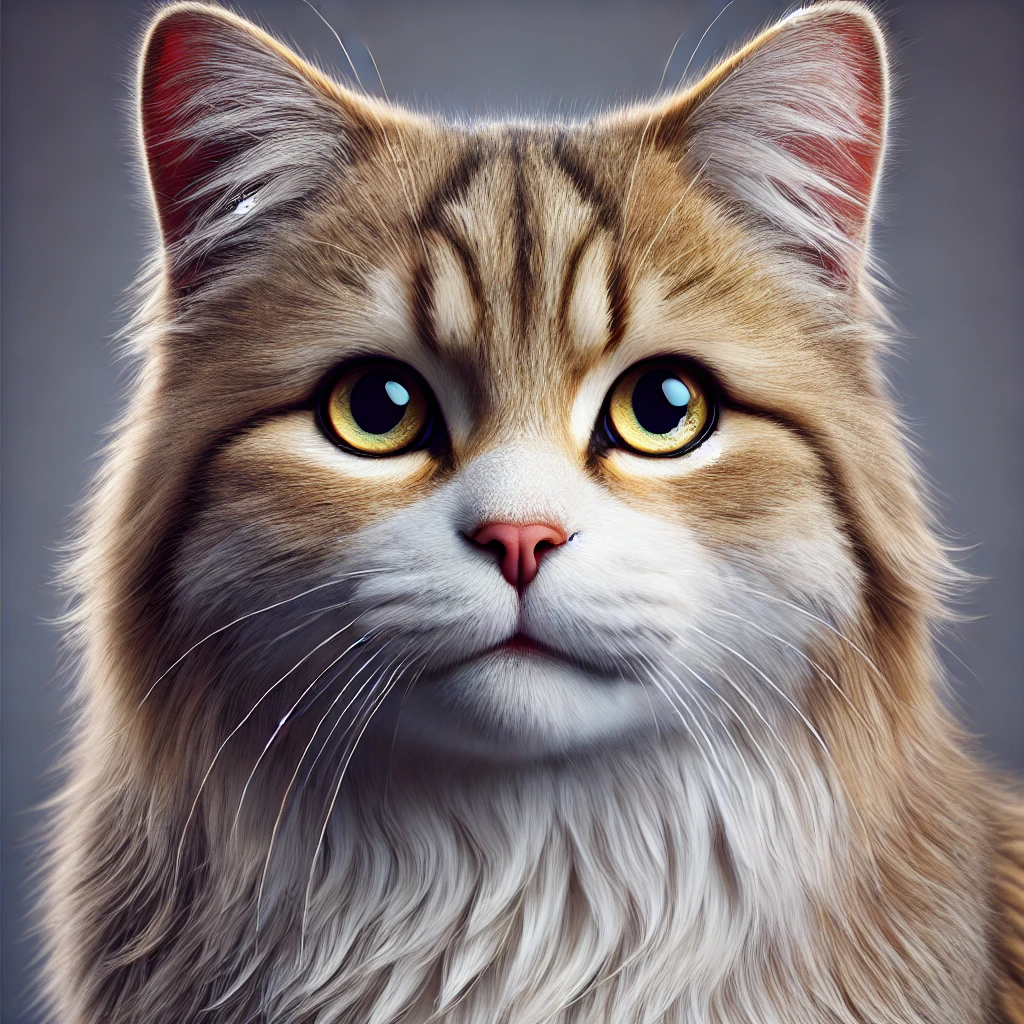Nutrition for Balance and Energy for Cats With Hyperthyroidism
Hyperthyroidism is one of the most common conditions in older cats. It occurs when the thyroid gland produces too much thyroid hormone, speeding up metabolism and leading to weight loss, restlessness, and increased appetite. Alongside veterinary treatment, many pet parents ask: “What should I feed a cat with hyperthyroidism?”
Diet plays a critical role in helping manage symptoms and maintaining overall health.
Understanding Feline Hyperthyroidism
The thyroid gland regulates metabolism. When overactive, it causes:
- Rapid weight loss despite good appetite
- Increased thirst and urination
- Vomiting or diarrhea
- Hyperactivity or restlessness
- Elevated heart rate
Because untreated hyperthyroidism can strain the heart and kidneys, veterinary diagnosis and care are essential.

Read: What to Feed a Nursing Cat
Nutrition Goals for Cats with Hyperthyroidism
The ideal diet should:
- Support weight maintenance with calorie-dense foods.
- Provide high-quality, easily digestible protein.
- Limit iodine intake if recommended (iodine fuels thyroid hormone production).
- Be hydrating to support kidney function.
- Minimize fillers that can stress digestion.
Best Foods for Cats with Hyperthyroidism
1. Prescription Low-Iodine Diets
- Hill’s Prescription Diet y/d Thyroid Care is the most widely used.
- Restricts iodine intake, which may help reduce thyroid hormone levels.
- Should only be fed if prescribed—no other foods or treats allowed alongside it.
2. High-Protein, Calorie-Dense Foods
- Cats with hyperthyroidism often lose muscle.
- Wet foods with chicken, turkey, or rabbit help maintain lean mass.
- Calorie-dense recipes prevent further weight loss.
3. Kidney-Friendly Foods (for older cats)
Hyperthyroidism often coexists with kidney disease. In these cases, vets may recommend:
- Diets lower in phosphorus.
- Wet foods to encourage hydration.
- Balanced protein levels to avoid overworking kidneys.
4. Homemade Diets (Vet-Guided)
Some owners explore homemade diets with:
- Lean meats like chicken or turkey.
- Limited iodine sources.
- Supplements (taurine, vitamins) to prevent deficiencies.
Homemade feeding should always be supervised by a vet nutritionist.
Quick Read: Best Foods for Cats with Liver Problems
Feeding Tips
- Multiple small meals are easier on digestion than one large meal.
- Stick to one diet—mixing foods can interfere with iodine control.
- Warm food slightly to make it more appealing to picky eaters.
- Provide fresh water at all times to reduce strain on kidneys.
Learn What to Feed a Cat After Tooth Extraction
Supplements That May Help (Vet Approval Required)
- Omega-3 fatty acids – Reduce inflammation and support heart/kidney health.
- Antioxidants (vitamins E & C) – May help with cellular stress.
- Probiotics – Support gut health, especially if diarrhea is present.
Foods to Avoid
- Seafood-heavy diets (often high in iodine).
- Table scraps or treats not approved by your vet.
- Unregulated supplements claiming to “cure” thyroid issues.
Must Know: What to Feed Cats with Arthritis
When to Call the Vet
Seek veterinary help if your cat shows:
- Sudden weight loss despite eating well
- Persistent vomiting or diarrhea
- Severe restlessness or aggression
- Rapid breathing or heart rate
Hyperthyroidism requires medical care—diet is supportive but not a cure.
Quick Read: What to Feed a Cat with Pancreatitis
Final Thoughts
So, what should you feed a cat with hyperthyroidism?
The best choice is often a vet-prescribed low-iodine diet, but high-quality, protein-rich foods also help maintain weight and muscle. Cats with both hyperthyroidism and kidney issues may need a carefully balanced diet tailored by their vet.
At Petsaw, we believe good nutrition is part of every health plan. With the right food and veterinary care, cats with hyperthyroidism can enjoy more energy, stability, and a better quality of life.
Visit PetSaw